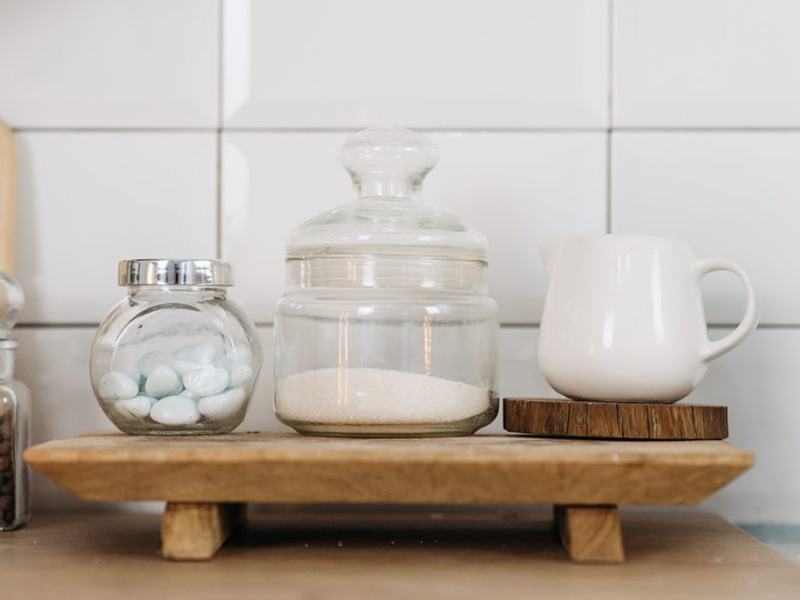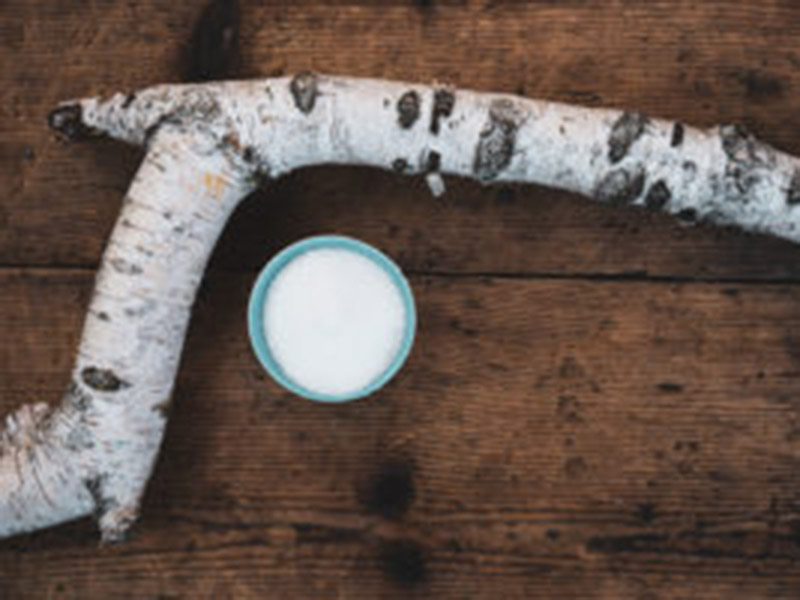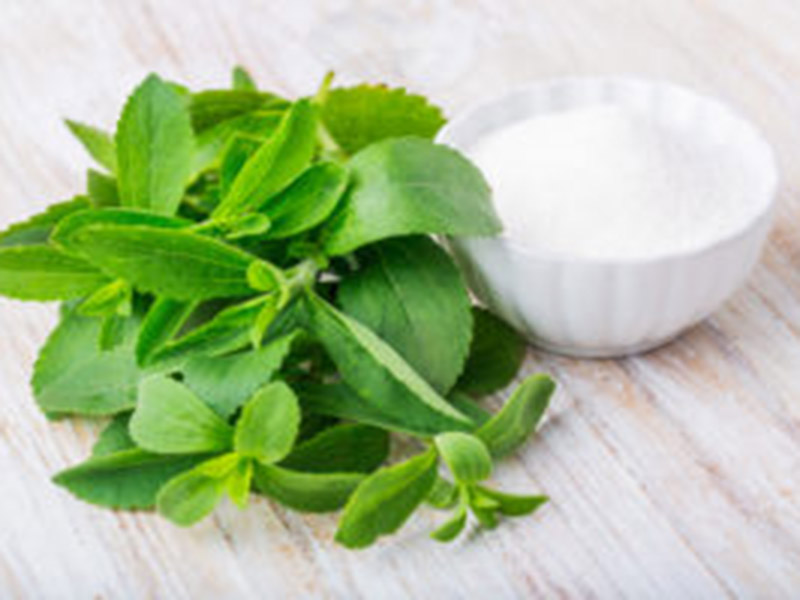14682 Pennock Avenue, Apple Valley, MN 55124
Stevia vs. Xylitol: Which Artificial Sweetener Is Better for Teeth?

‘Tis the season for an abundance of sugar. Now, if you’re looking for a sugar alternative, you may be weighing two popular options: stevia and xylitol. But what’s the difference between these two? And are these sweeteners okay to swap into your routine, or are there hidden risks?
What Is Xylitol?

The name Xylitol comes from the ancient Greek words for “wood sugar” because it’s traditionally derived from birch trees. You might recognize Xylitol sugar from your sugar-free gum or toothpaste.
This plant-derived option can be handy because it offers the sweetness of sugar without the oral consequences of bacteria and tooth decay.
What Is Stevia?

Stevia is made from the leaves of the stevia plant. Lucky for those of us with sweet tooths, this popular plant-based sugar alternative contains 0 calories. Studies have shown no direct correlation with tooth decay.
Stevia vs. Xylitol
So, which one of these alternative sweeteners is better for you? Well, it comes down to personal taste (and we mean that literally!)
Stevia offers 100-300x more sweetness than regular sugar, but it also has a bit of a licorice aftertaste, which some people don’t prefer.
Xylitol sugar isn’t quite as sweet as sugar or stevia, but its powdered version works well when stirred into a cup of coffee or used as a substitute in bakes.
Neither has been shown to promote bacteria in the mouth, but we recommend using them in moderation.
Is Artificial Sweetener Bad for You?
We get this question a lot. While Stevia and Xylitol are not inherently harmful, we recommend using alternative sweeteners – both natural and artificial – in moderation.
Why? We’re glad you asked!
While there is no proven correlation between these sweeteners and tooth decay, they are typically found in less nutritious foods, including sodas or baked goods. If you want to take care of your teeth and overall health, your best bet is to swap in more nutritious options.
And because alternative sweeteners are so potent, they can desensitize the palette to regular sugar, making you crave more.
“Artificial sweeteners are hundreds to thousands of times sweeter than table sugar. People who use these sweeteners often may desensitize themselves to sweetness. If that happens, they may find healthful but not-so-sweet foods such as fruits and vegetables unappetizing by comparison.” –Harvard Medical School
With that in mind, be careful about how much sweetener you use throughout the day. Include plenty of raw fruits and vegetables into your diet and brush your teeth twice a day (and floss once!) to keep them healthy.
Related Reading: Does an Apple a Day Keep the Dentist Away?
By the way, here are five FDA-approved artificial sugar alternatives to watch for:
- Aspartame
- Neotame
- Saccharin
- Sucralose
- Acesulfame K
Take Care of Your Chompers
If you feel like too much sugar has taken a toll on your teeth, it’s okay. Our team at Dakota Dental is here to help, no matter what you need. Look through our dental services. From routine check-ups to implants to everything in between, we’re here to keep your teeth strong, healthy, and clean.

